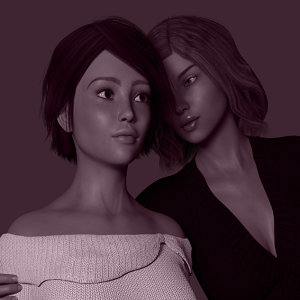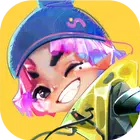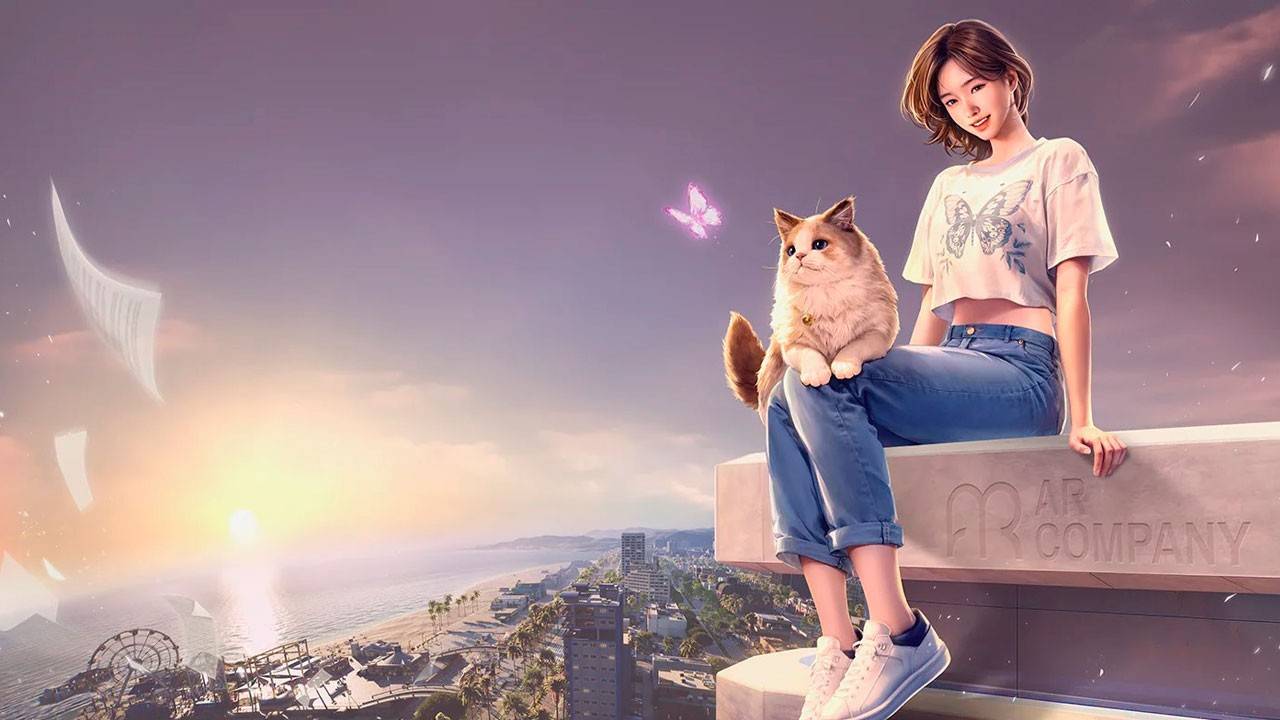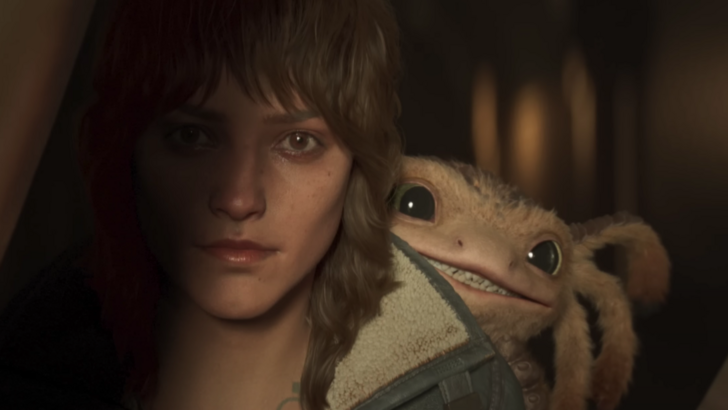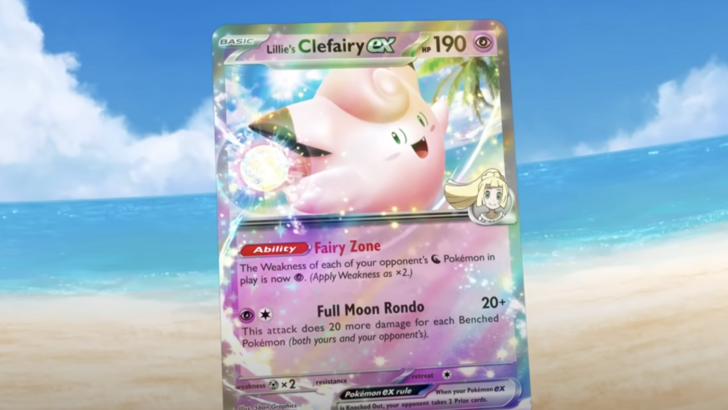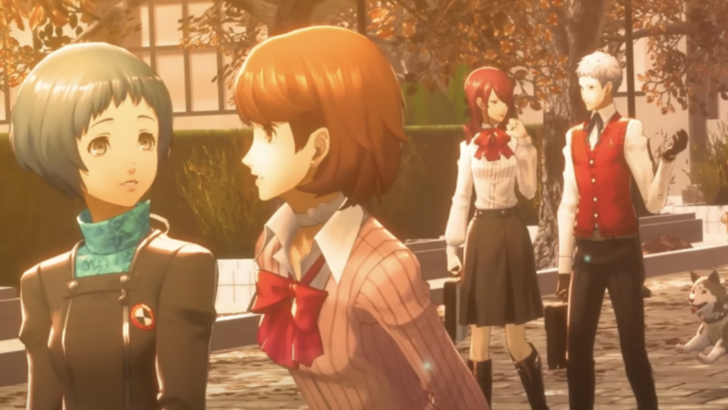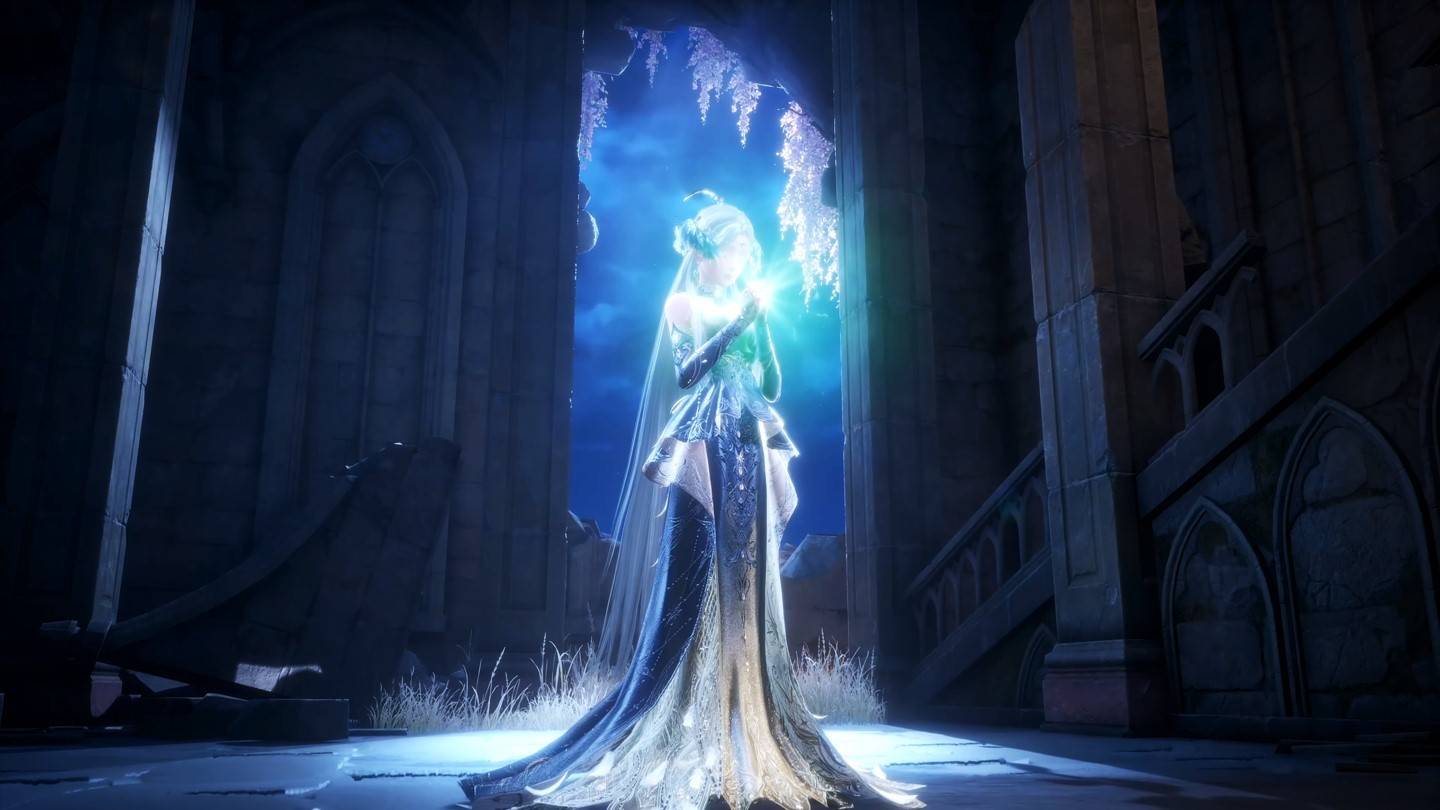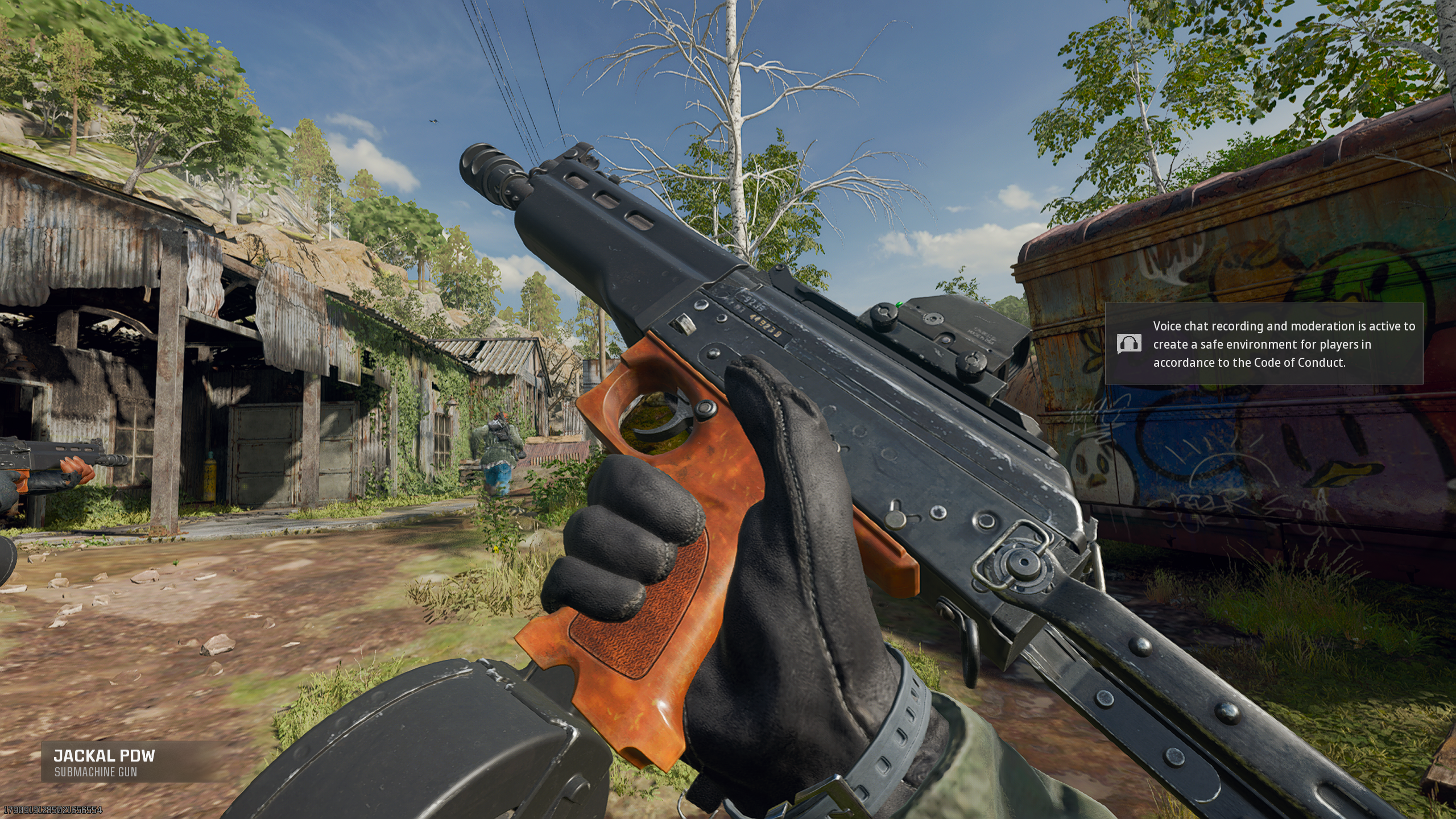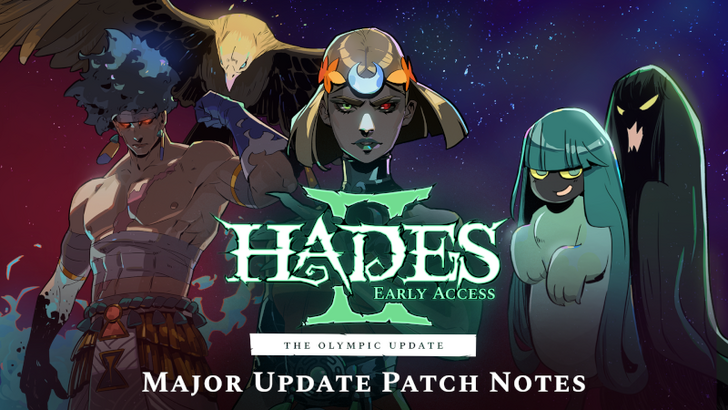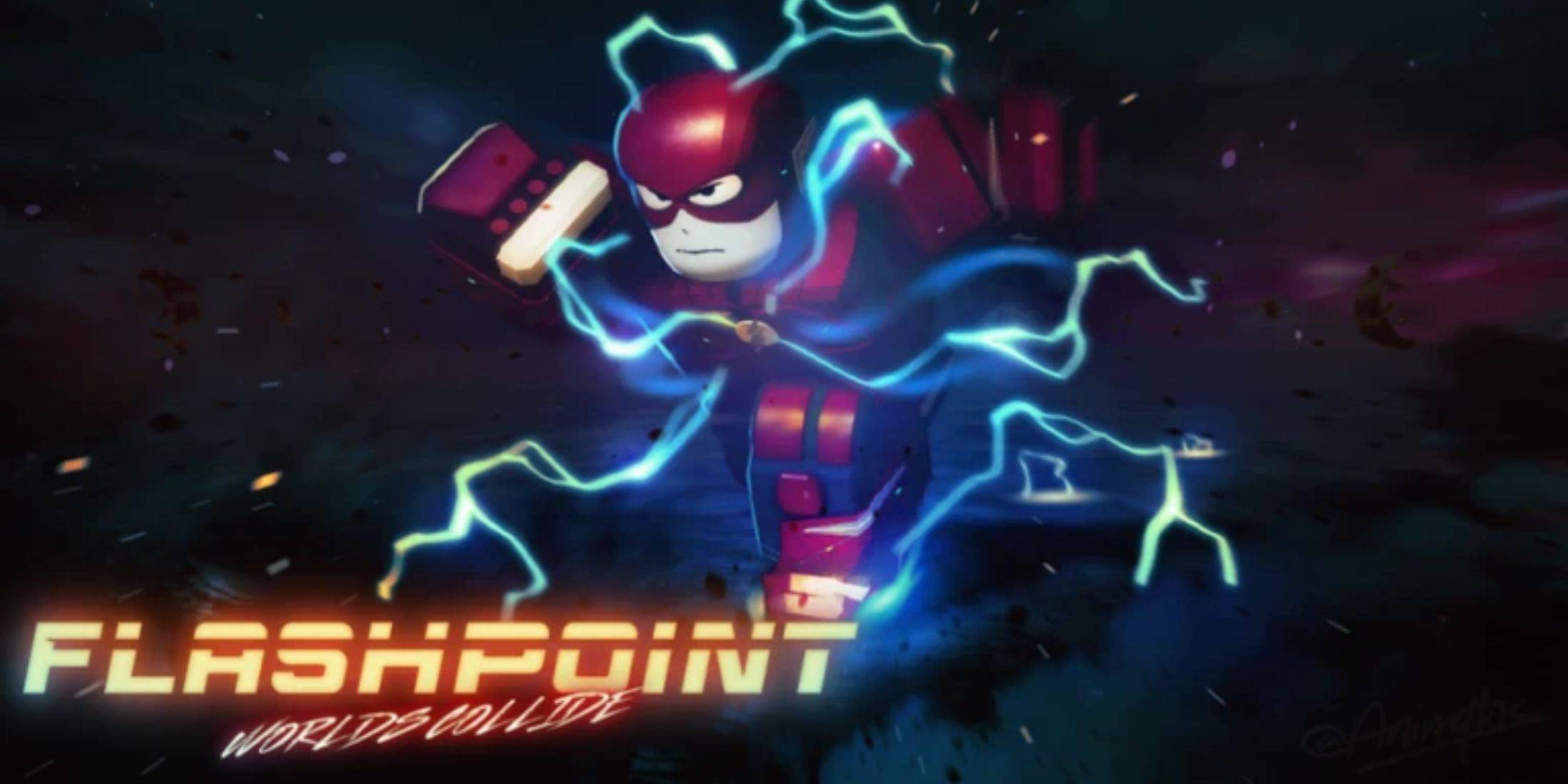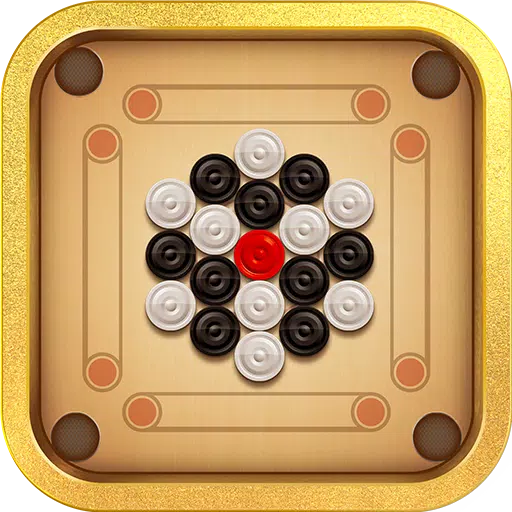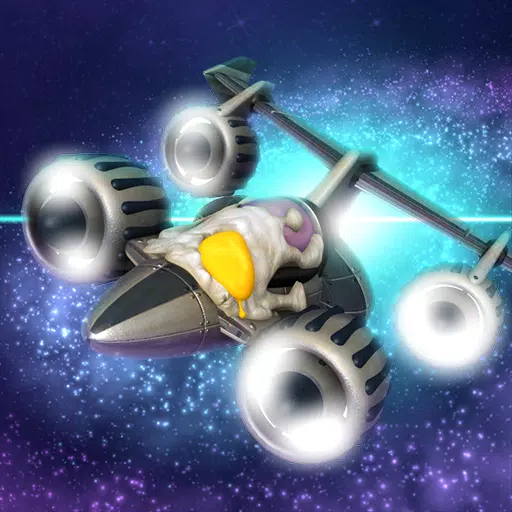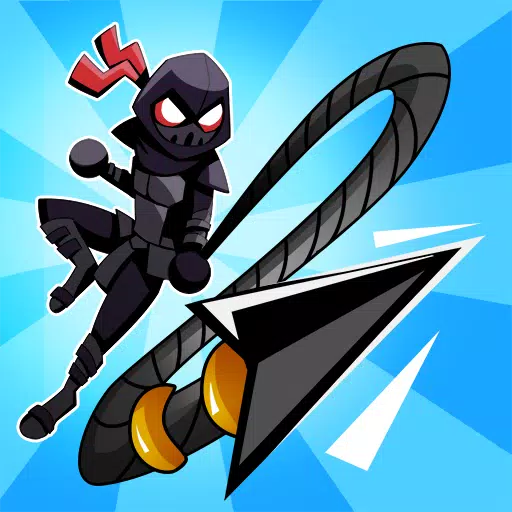Nintendo Refuses to Use Generative AI in Their Games
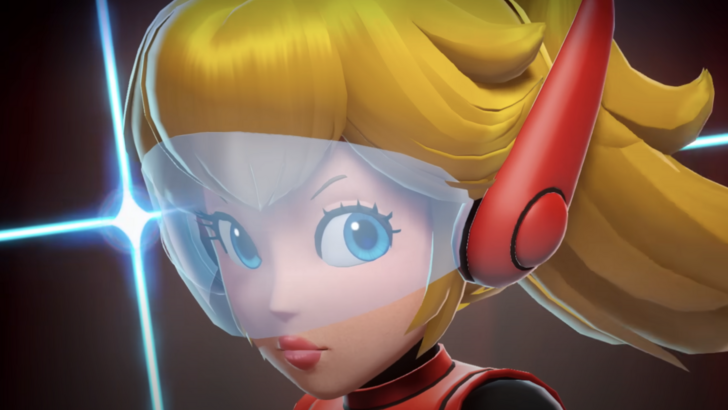
While the gaming industry explores generative AI's potential, Nintendo maintains a cautious stance due to IP concerns and its commitment to unique game development.
Nintendo President: No Generative AI in Nintendo Games
IP Rights and Copyright Concerns
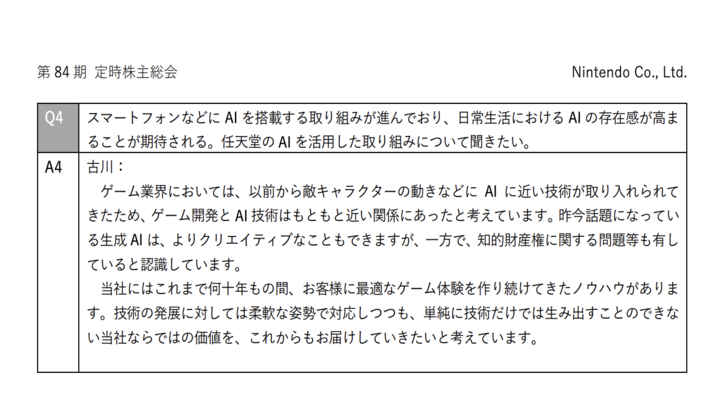 image (c) Nintendo
image (c) Nintendo
Nintendo President Shuntaro Furukawa recently announced that the company has no plans to integrate generative AI into its games. This decision stems primarily from concerns about intellectual property rights, as revealed during an investor Q&A.
Furukawa acknowledged AI's long-standing role in game development, especially in NPC behavior. However, he distinguished between traditional AI and the newer generative AI, capable of creating various customized content.
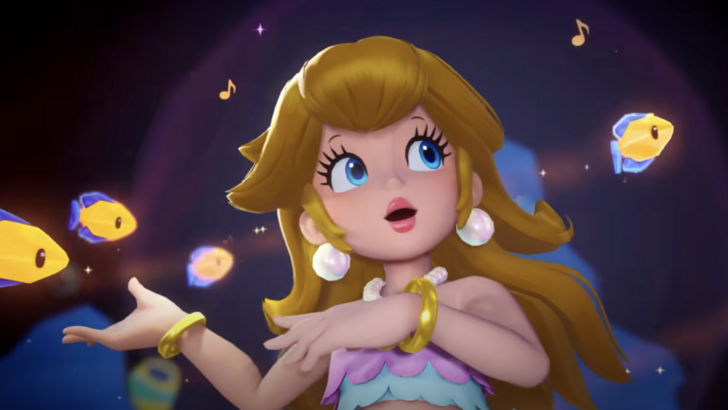
Generative AI's rise across industries is undeniable. Furukawa explained, "In game development, AI-like technologies have long been used to control enemy character movements; game development and AI have always been intertwined."
Despite acknowledging generative AI's creative potential, Furukawa highlighted IP rights challenges. He stated, "Generative AI can yield more creative outputs, but intellectual property rights issues are a concern." This reflects the potential for generative AI to infringe on existing works.
Preserving the Unique Nintendo Experience
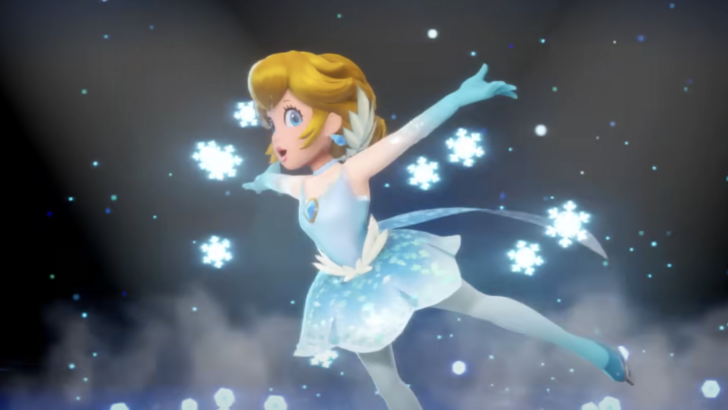
Furukawa emphasized Nintendo's decades-long commitment to unique gaming experiences, built on extensive expertise. He stated, "We have decades of experience crafting optimal game experiences. While adaptable to technological advancements, we aim to deliver unique value that technology alone cannot replicate."
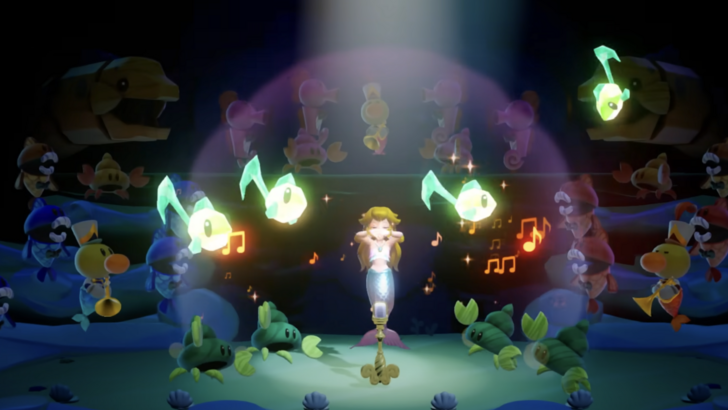
Nintendo's position contrasts with other gaming giants. Ubisoft's Project Neural Nexus NEO, for instance, uses generative AI for NPC interactions, but its producer, Xavier Manzanares, stressed that AI is just a tool, not a game creator. Similarly, Square Enix and EA see generative AI as a tool for creating new content and enhancing development processes.









